When I see children or adults in my practice what I enjoy the most is building the therapeutic relationship with them. After testing gives me a general idea of their needs, I spend weeks and even months getting to know who they are as a person. It’s part of the therapeutic process, but the best part of my job. I’m always amazed that I rarely have a client that I don’t like. I find joy in each and every person. Therefore, if I think what I am doing is not working I am the first to search out different approaches based on my testing and the diagnosis until I find one that fits. That is where the diagnosis fits into the picture. The diagnosis is a guide that helps me in my treatment choices, but it doesn’t limit me in what I believe that a person can achieve.
We all have learning differences. Deficits in certain areas that we learn to use strategies to remediate, but often my clients aren’t able to do that on their own. I’m an observer, so I try to learn how each of my clients learn best. One client when he is unable to respond to a question because he does not remember the words becomes extremely quiet. His non-verbal communication often fools people into thinking he is just not interested in answering the question, so he easily gets off the hook, but this does not help him learn to deal with his problem. Another client if the question is too hard will peels the skin on his thumb, which is my signal to quickly break it down. Someone else responses to getting less than 100% by shutting down, but if I do the work incorrectly he will help me by correcting me over my shoulder. They are all unique and people first. Would it be surprising to hear that one has apraxia of speech, another is on the autism spectrum, and one has difficulty with auditory processing? To me they are all smart and funny with their own individual learning styles and my job is to help them learn strategies or improve the area of deficit so that they can fly. They all become people I care about dearly first, not just a diagnosis, and they have their unique challenges but their potential is unlimited.

